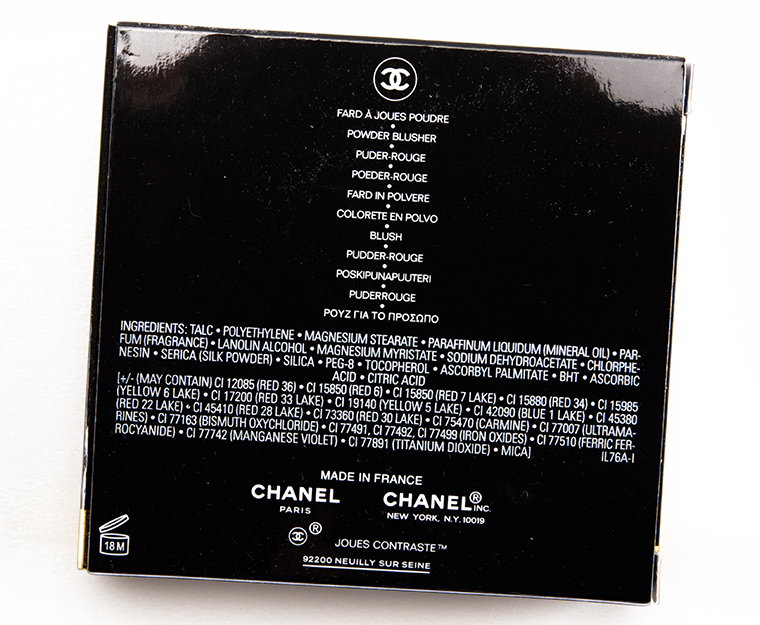Home › Cosmetic Science Talk › Formulating › Skin › All D&C dyes comodegenic
-
All D&C dyes comodegenic
Posted by belassi on September 18, 2018 at 2:42 pmngarayeva001 replied 7 years ago 4 Members · 9 Replies -
9 Replies
-
I can say as a consumer, that absolutely all blushers, from drug store to the most luxury high end, do visibly clog pores.
-
@belassi The comedogenicity test in rabbit ears, while a quick measurement is not directly transferable to human skin (especially as we we rarely use 100% of anything). A formulation can easily have the comedogenic compounds without being comedogenic.@ngarayeva001 I have to ask this; if the makeup didn’t “clog” the pores, how would you actually reduce the visibility of them?
-
@Sibech visibility of pores is reduced by a foundation and/or a powder. Good quality foundation doesn’t visibly clog pores. This is not the case with blushers. They visibly stay in pores (and have to be extracted). The ‘red’ ones are more ‘guilty’ in doing it than other colors (now I know why). Interestingly enough this effect is less obvious with creamy products. I suspect it has something to do with the presence of silicones. Again I am talking about visible effects and customer (not only me) experience.
-
@ngarayeva001
Strange. I have never had blushers clog pores, not visibly, nothing, no problem at all. (I use pink powder blushers from different brands btw.) I’ve never had comedones, only now and then a pimple and that’s it. And my pores aren’t dilated. Maybe that has something to do with it? -
@Doreen, my pores are far from perfect, and that definitely contributes to the problem but I know people with dry skin who have the same complaint. Chanel 320 rouge profound (check the color, it has a lot of red pigment) is a big criminal. I still use it, but less often than I would like to.
-
@ngarayeva001 correct me if I am wrong, but I think you might be tricked by the INCI on the blush.The blush does not (necessarily) contain all of those colourants, the +/- at the beginning of the colourant is there to inform about which colours may be present and is often seen in colour cosmetics where different shades are available.
-
@Sibech I am sure I misunderstand something. I am absolutely not familiar with color cosmetics as a formulator. It was an observation of the user.
-
@ngarayeva001 from a consumer standpoint I agree, the INCI is overwhelming and confusing. I found this box on a blog reviewing the product.It is also confusing for consumers as all the colourants are below the 1% line, even though they may be present in much greater concentration and can be listed in an arbitrary order.In my experience, most companies go for lowest to highest CI number or alphabetical order for US INCI-lists.

Log in to reply.


